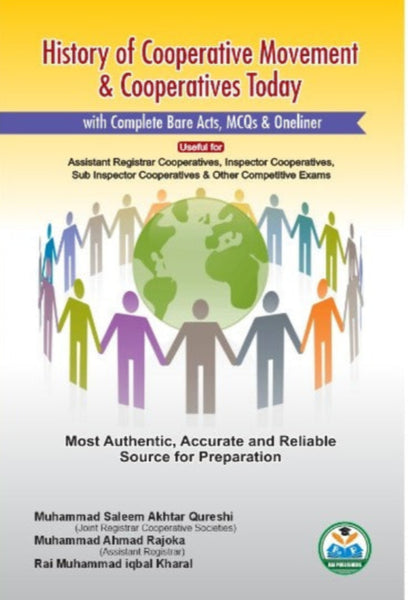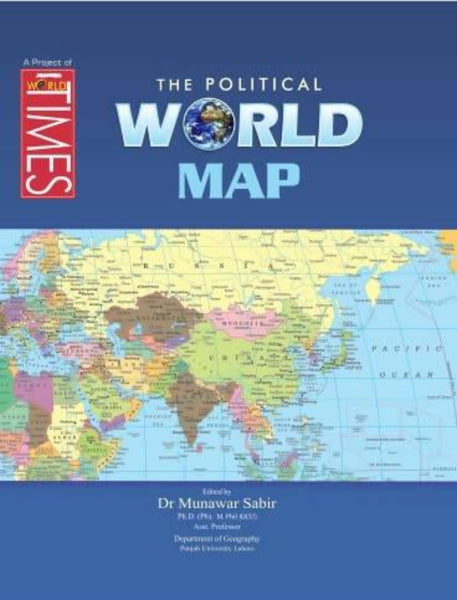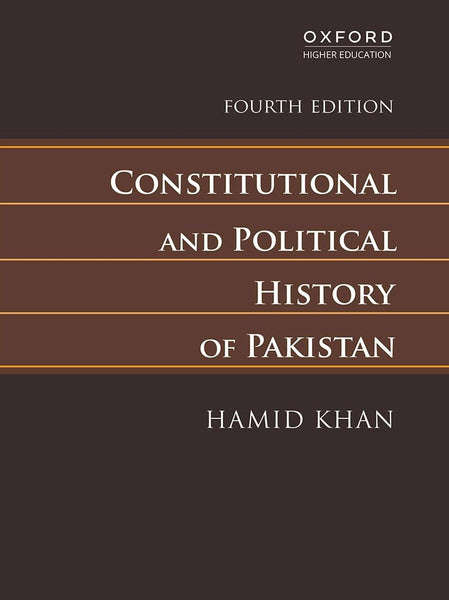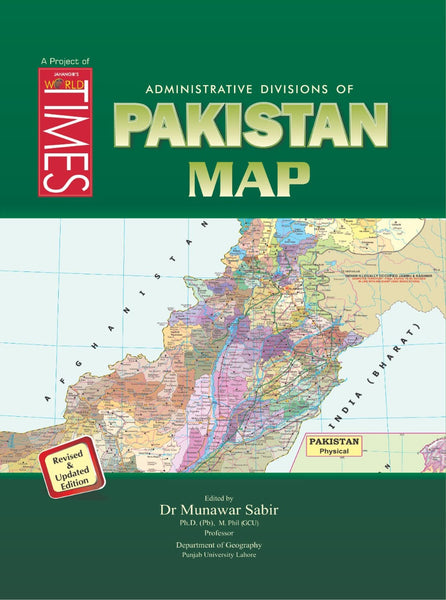Pakistan's National Security Approach and Post Cold War Security
- Publisher: POLITICAL SCIENCE
- Availability: In Stock
- SKU: 58797
- Number of Pages: 232
Rs.475.00
Rs.625.00
Tags: A + Quality , A Plus Quality , Arshad Ali , Asymmetric Warfare , best books , Best Price , Best Quality , Best Selling Books , Border Security Issues , Cold War Legacies in Pakistan , Counterterrorism in Pakistan , Geopolitics of South Asia , Intelligence Agencies in Pakistan , Internal Security Challenges , Internal Security Threats , Military Alliances and Pakistan , Military and Security Policies , National Security and Extremism , ONLINE BOOKS , Online Bookshop , Pakistan and Global Security , Pakistan and NATO , Pakistan National Security , Pakistan National Security Approach , Pakistan's National Security Approach , Pakistan's National Security Approach and Post-Cold War Security , Pakistan-China Relations , Pakistan-India Relations , Pakistan-US Relations , Pakistan’s Defense Strategy , Pakistan’s Foreign Policy , Pakistan’s Nuclear Policy , Pakistan’s Role in the War on Terror , Pakistan’s Strategic Interests , Post Cold War Security , Post-Cold War Geopolitics , Regional Stability in South Asia , Role of the Pakistan Army , Sectarian Violence and National Security , South Asian Security , Terrorism and National Security , Uneasy Co-existence
Pakistan's National Security Approach and Post-Cold War Security
Uneasy Co-existence by Arshad Ali (Author)
A + Quality
Introduction
Pakistan's National Security Approach and Post-Cold War Security: Uneasy Co-existence by Arshad Ali offers an in-depth analysis of Pakistan’s security policies in the post-Cold War era. The book examines how Pakistan has navigated regional and global security challenges, balancing its national interests amidst geopolitical shifts. It explores the country's military strategies, nuclear policy, counterterrorism efforts, and diplomatic relations, particularly with the United States, India, China, and Afghanistan. By assessing Pakistan’s security framework, the book provides valuable insights into the country's struggle to maintain stability in a rapidly changing world.
Key Points
1. Pakistan’s Evolving Security Doctrine
- Analyzes Pakistan’s transition from Cold War alliances to post-Cold War strategic adjustments.
- Discusses the role of nuclear deterrence and military preparedness in national defense.
2. Regional Security Challenges
- Explores Pakistan’s security concerns related to India, Afghanistan, and the broader South Asian region.
- Examines border conflicts, insurgencies, and the impact of regional rivalries.
3. Pakistan’s Role in the War on Terror
- Investigates Pakistan’s counterterrorism strategies and its complex relationship with militant groups.
- Highlights the impact of U.S. policies and military operations on Pakistan’s internal security.
4. Geopolitical Alliances and Strategic Partnerships
- Discusses Pakistan’s diplomatic ties with global powers, including the U.S., China, and Russia.
- Evaluates Pakistan’s strategic position in emerging global security dynamics.
5. Future Security Challenges and Policy Recommendations
- Identifies key threats such as cybersecurity, economic instability, and internal radicalization.
- Proposes reforms and strategies to enhance Pakistan’s long-term security and stability.
Why Read This Book?
- Provides a comprehensive understanding of Pakistan’s security challenges in the post-Cold War era.
- Offers a critical analysis of military strategies, nuclear policy, and counterterrorism measures.
- Explains Pakistan’s geopolitical positioning and its evolving diplomatic relations.
- Essential reading for students, researchers, and policymakers in international relations and security studies.
Conclusion
Pakistan's National Security Approach and Post-Cold War Security: Uneasy Co-existence by Arshad Ali is a crucial resource for understanding Pakistan’s security policies in a rapidly changing world. By exploring the country’s military strategies, regional conflicts, and global alliances, the book provides a well-rounded perspective on Pakistan’s ongoing security challenges. It is an invaluable guide for anyone interested in South Asian security dynamics and international relations.

























